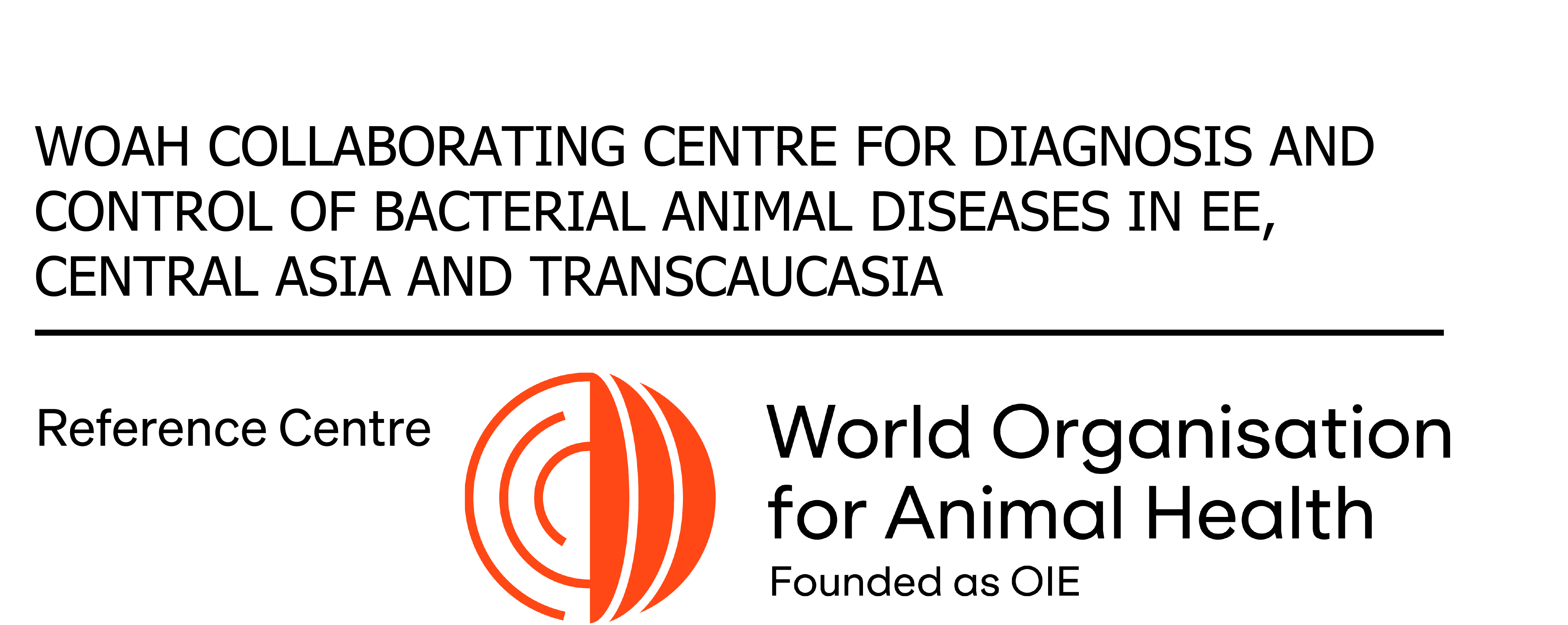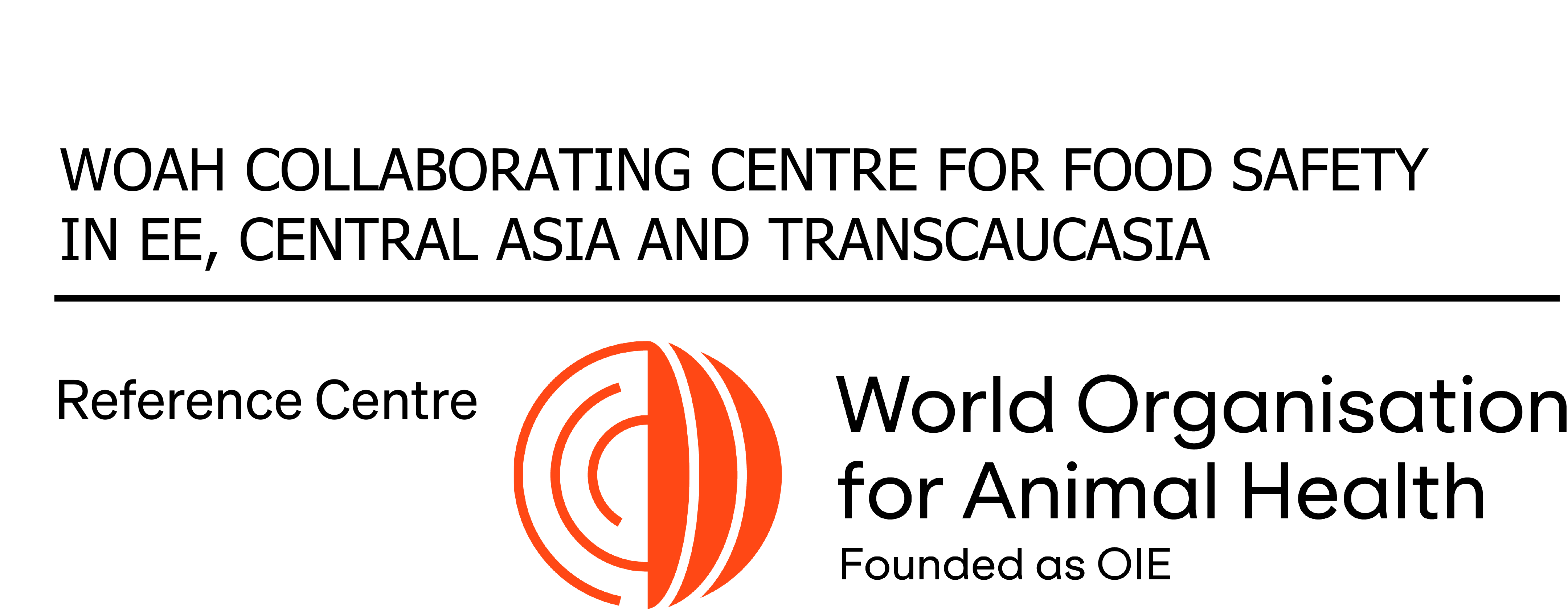VGNKI Participates in a Conference Organized by FGBNU "FICViM" on the Diagnosis and Prevention of Infectious Diseases in Animals
From November 19 to 20, 2024, The Federal State Budgetary Institution "The All-Russian State Center for Quality and Standardization of Veterinary Drugs and Feed" (VGNKI) experts participated in a conference on the results of implementing comprehensive scientific research plans titled as "Diagnosis and Monitoring of High-Risk Animal Infections" and "Development of a Vaccine for African Swine Fever, Including Oral Administration for Wild Boars". The event also included discussions on the activities of the consortium working on joint projects aimed at the scientific and technological development of the country.
The scientific conference was held at the Nizhny Novgorod Scientific Research Veterinary Institute, a branch of the Federal State Budgetary Scientific Institution "Federal Research Center for Virology and Microbiology" (FGBNU "FICViM").
Leading experts in veterinary medicine and biology presented their research, focusing on current issues and achievements in combating African swine fever, avian influenza, and other highly dangerous infectious animal diseases, as well as the spread of antimicrobial resistance. The development of effective vaccines and cooperation between scientific institutions and veterinary medicinal products manufacturers were highlighted as key aspects contributing to the accelerated implementation of innovative solutions in practice.
During the event, Dmitry Makarov, Senior Researcher at the Department of Food and Feed Safety of VGNKI, delivered a speech on the monitoring of zoonotic bacteria resistance to antimicrobial agents within the territories of Russia, the European Union, China, the USA, and other countries.
Dmitry Makarov also briefed the participants about the scientific research conducted by VGNKI, within the framework of which more than 5.000 bacterial isolates were analyzed for sensitivity to 30 antibiotics from 16 classes. Among the studied isolates were Escherichia coli, Enterococcus spp., Salmonella enterica, Campylobacter spp. (including C.jejuni and C.coli), Staphylococcus spp. (including S.aureus and S.haemolyticus), and Listeria monocytogenes sampled from chicken, swine, cow, sheep, horse, deer, and other animals and food products. Samples for the study were collected from Belarus, Iran, Turkey, and 37 regions of Russia.
In particular, it was found that Escherichia coli isolates sampled from poultry showed high resistance to several antibiotics used in human medicine, including colistin. Moreover, E.coli isolates sampled from different animal species were found to be resistant to meropenem, and Enterococcus isolates showed resistance to cancomycin. These antibiotics are intended exclusively for medical use and are not used in animal husbandry.
The speaker noted that, in order to conduct automatic interpretation of microbiological and clinical criteria for antibiotic resistance and to analyze and visualize the obtained data, VGNKI utilizes the AMRcloud online platform.
The AMRcloud system could serve as a convenient platform for aggregating and storing data on zoonotic bacteria resistance from all participating laboratories, Dmitry Makarov explained.
Meanwhile, Oleg Sklyarov, Chief Researcher at the Scientific and Technological Laboratory of VGNKI, spoke about the specifics of diagnosing and preventing brucellosis in animals. He emphasized the importance of optimizing the timelines and procedures for diagnosis to effectively combat the disease, as well as the use of anti-brucellosis vaccines.
The speaker highlighted the necessity of conducting early investigations when there are signs of potential Brucellosis in unvaccinated animals. He recommended using molecular genetic tests, particularly Polymerase Chain Reaction (PCR), alongside serological tests for periodic live-animal analysis of samples, primarily milk and citrated blood. Moreover, Oleg Sklyarov stressed that, immediately after the diagnosis is made, the prompt use of non-agglutinating anti-brucellosis vaccines is crucial for timely detection of animals with latent forms of the disease and for its specific prevention.





